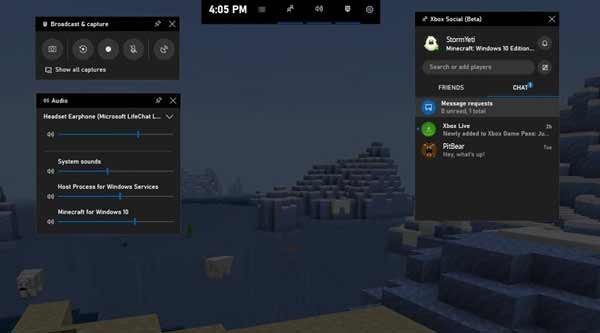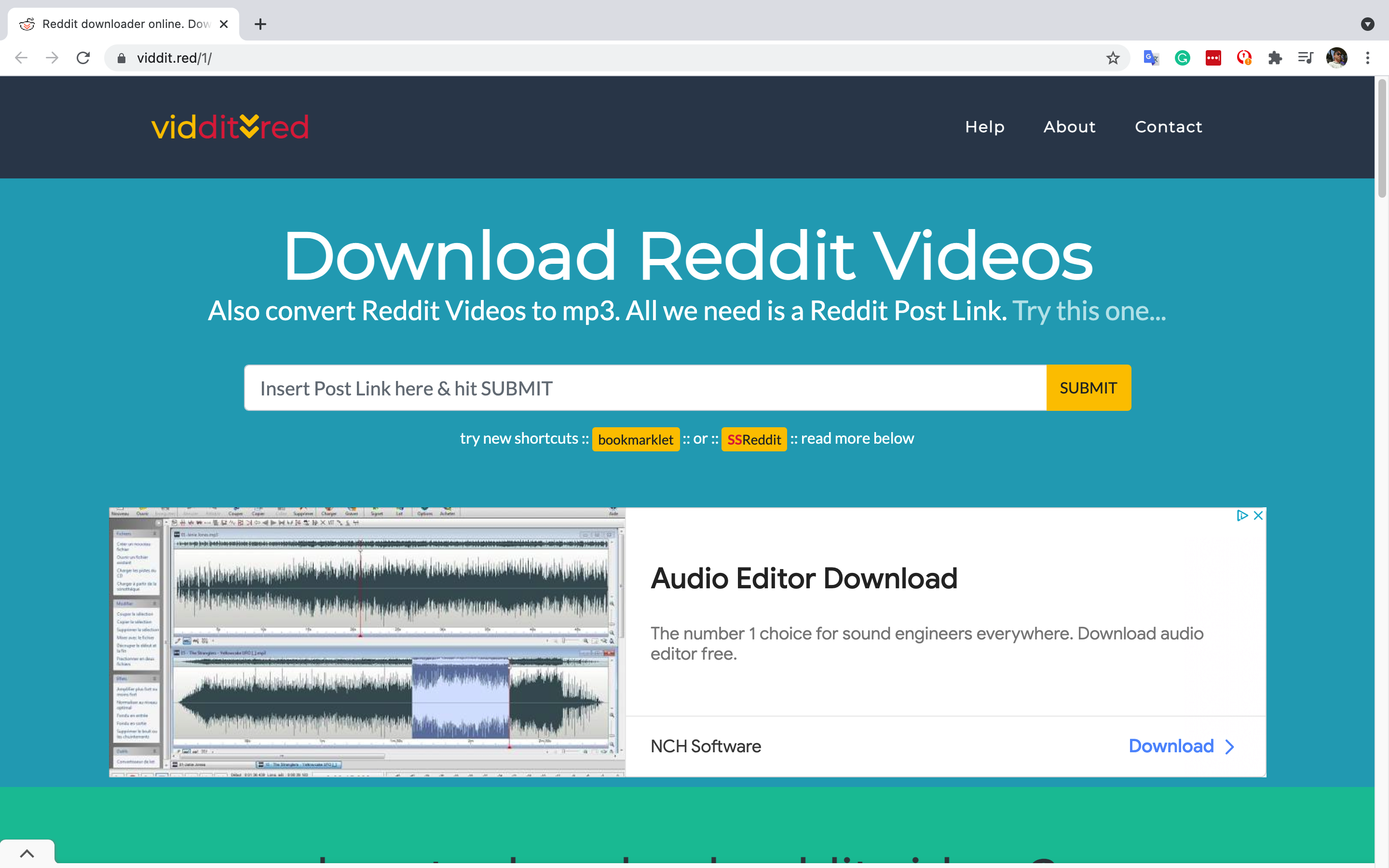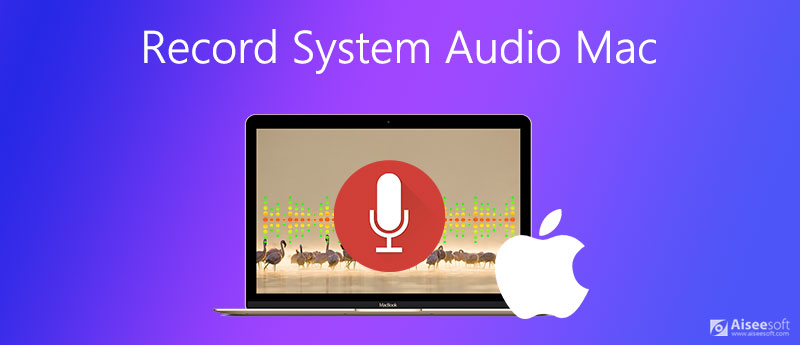
Ideally, recorders will have functions to adjust speed, which is particularly helpful any time you’re doing transcriptions. These can be tricky depending on your computer software, however, which don’t always recognize the folder right away.Įditing and Playback Features: You’ll want to be able to easily playback and edit your recordings. In most cases, the simplest way to do this is with a usb plug-in. Sharing Files: In addition to large storage space, we look for devices with easy file-sharing capabilities so you’re never struggling to transfer a recording to your computer. Storage Space: A good voice recorder will have a large memory capacity so you can continue recording for long periods of time without needing to delete files.

There are a few basic functions you’ll want from a good voice recorder, including superior audio quality, a size that is convenient to carry, plenty of storage space, and the ability to easily share and edit files. Portable voice recorders are enormously helpful tools in many settings, whether you’re a college student recording a lecture, a musician recording a particular melody, a journalist recording an interview, or a professional recording an important meeting.


The best voice recorders won’t interrupt your recording with a pesky phone call, and they include a variety of helpful functions like easy start and stop, volume settings, and noise filtering, which can vastly improve the audio quality. The voice notes app on your phone is all well and good, but it’s no real replacement for a high quality voice recorder. If you purchase an independently reviewed product or service through a link on our website, Rolling Stone may receive an affiliate commission.


 0 kommentar(er)
0 kommentar(er)
